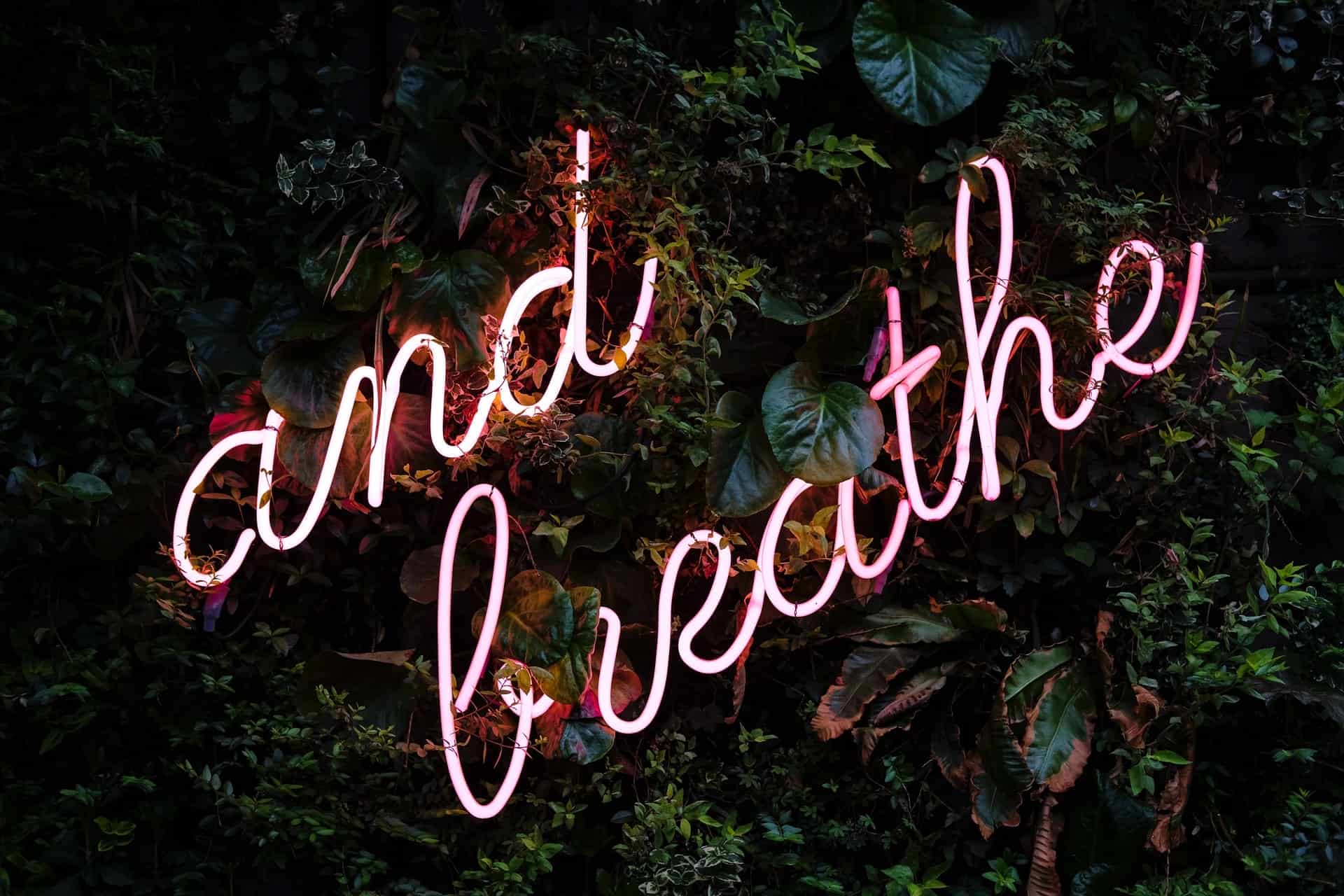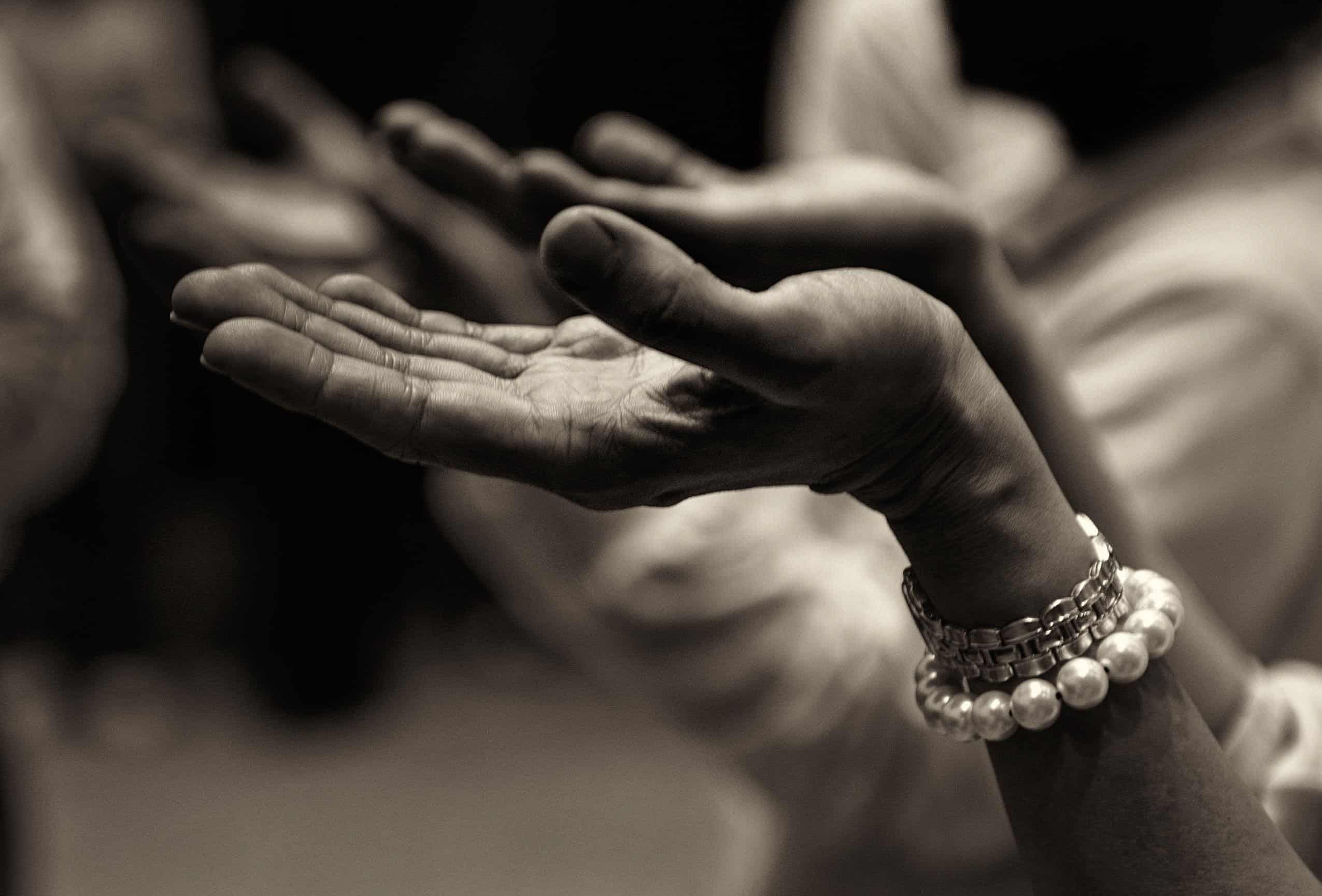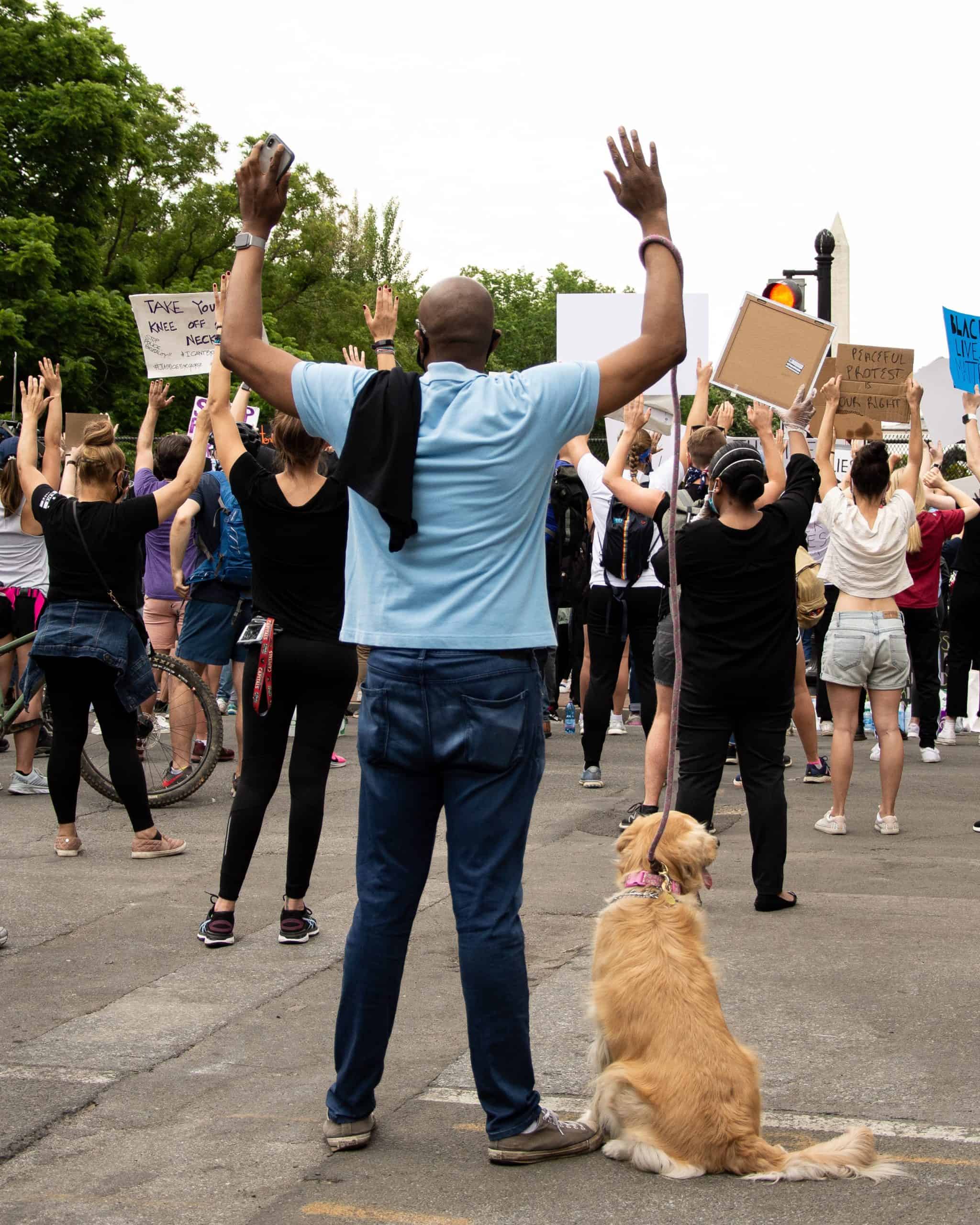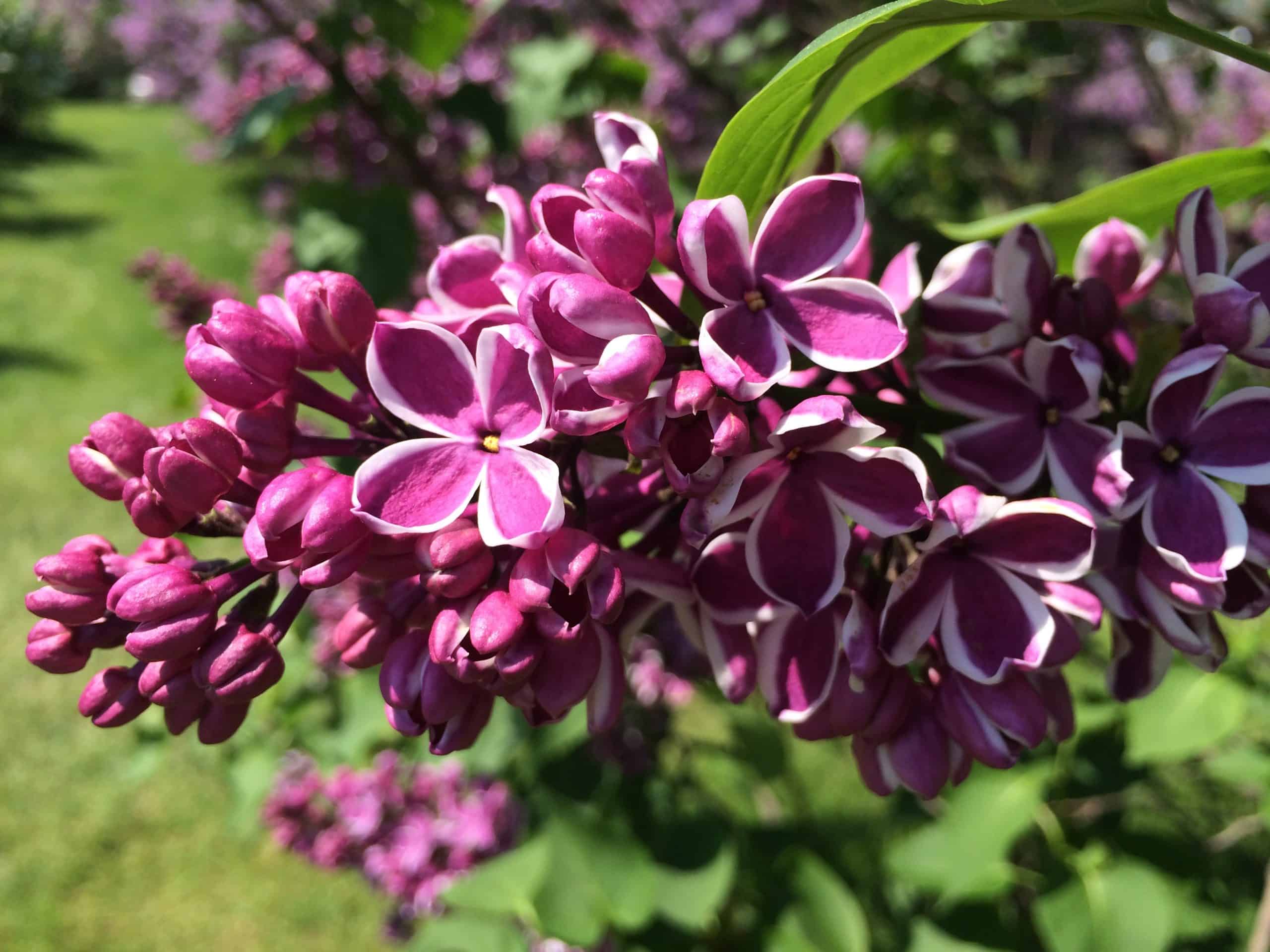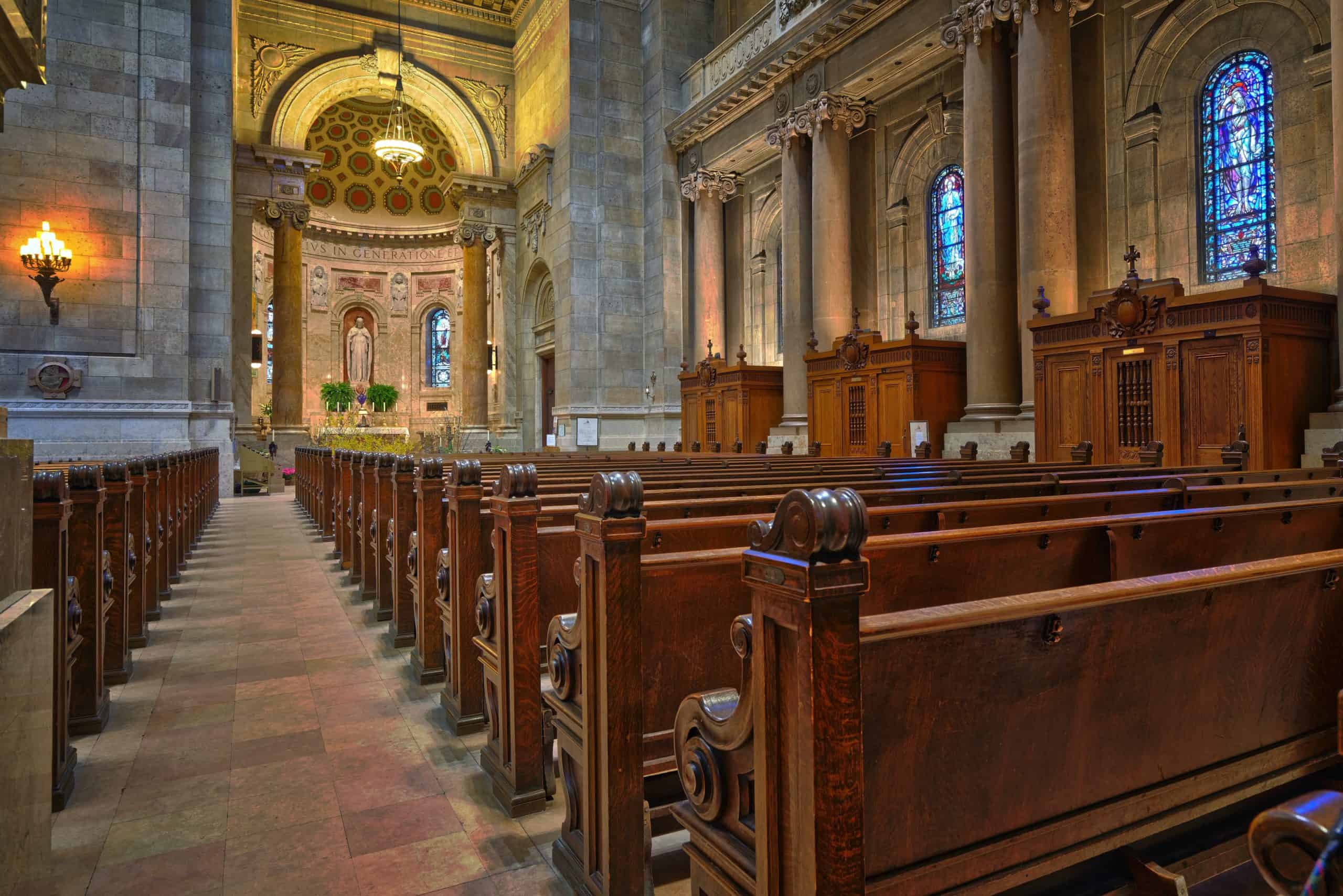I am far from the only person who has ever been frustrated by prayer in which “nothing happens.” In fact, I hear this quite regularly from people sharing their spiritual lives. We want to experience our prayer as we do almost everything else: productively. We wish to finish a time in prayer feeling that we have accomplished something, learned something, moved forward, or used our time well.
Posts in Spirituality
My World May Be Small, but the World Is Still Huge
Eric Immel, SJ, writes: “I spent more time in my room these past nearly six months that I had the previous, say, four years combined. The same is true for the number of times I’ve washed my hands. I’ve high-fived less people in the past nearly six months than was typical for me in a day pre-COVID, and I cannot count the number of times I’ve wanted to yell at people for getting too close to me, which I don’t think I’d ever thought to do before in my life.” Eric takes us on journey of a small world that opens up to something larger than previously thought.
One Moment for One Thing: Take a Moment to Breathe
Awareness drives Ignatian Spirituality. Breathing is the fire that maintains the engagement of awareness in action. One needs God’s grace to learn how to breathe. In our next installment of “One Moment for One Thing,” Patrick Saint-Jean invites us to say nothing in our prayer except only to breath and listen.
What ‘Words with Friends’ Has Taught Me About Loss and Hope
My Jesuit community engaged in COVID-19 protocols after Mass on March 16. No more all-community Masses. No more going to school for class. No more ministry. A world of masks and gloves and handwashing. That evening, a friend and I had a conversation thinking through ways we could try to make the most of the indefinite future that came with pandemic.
Catholic 101: What is the Creed?
“I believe in one God…” We pray the Creed together every Sunday at Mass. But what exactly is the Creed? Where did it come from? What are we saying when we recite it? Our latest addition to the Catholic 101 series gives some background on the profession of faith in the Creed.
What Two Corgis on Instagram Can Teach Us About Racism
As people of privilege, it is easy to escape the reality of the movements we witness. We cannot ignore the messages of anti-racism, no matter where they come from – even if they come from a pet.
This is What Happened When Jesus Found Me Wallowing in the Lilac Patches
My abrupt final days as a tutor at McQuaid Jesuit High School coincided with the famed Rochester Lilac Festival when a glorious garden in the middle of the city is filled with flowers and fragrance and visitors coming to soak it all in. A few weeks later I yearned to be back with the students and our jokes and routines and even the boring vocabulary tests.
I Used to Hate ‘Standing Room Only’ Masses, Now I Want It More Than Ever
Churches are empty these days. Even if they open up again soon, the norms of physical distancing will necessarily limit the way that we pray together. No more hugs and handshakes. No more chalices. No more songbooks, holy water fonts, or donuts after Mass. At least, not yet.
Coronavirus Has Shifted Reality, and My Mind and Heart Are Scattered
The gift of a scattered mind is that it reaches to the limits of everything I know and grasps to make sense of it. It’s the only way that a new baby girl, a recollection of old habits, a life in religious community, and a global pandemic can come together and remind me that love is greater than fear. Love is the only thing that brings my mind back to center.
Every Lent I Think of This Native American Parable: Do Not Forget Who You Are!
One of the great images of Lent is Jesus being driven into the desert where he goes toe-to-toe with Satan. As real as Jesus’ temptations are to pleasure, fame, and power, they are but expressions of a more fundamental and deceptively obvious one: the temptation to forget who and whose you are.



